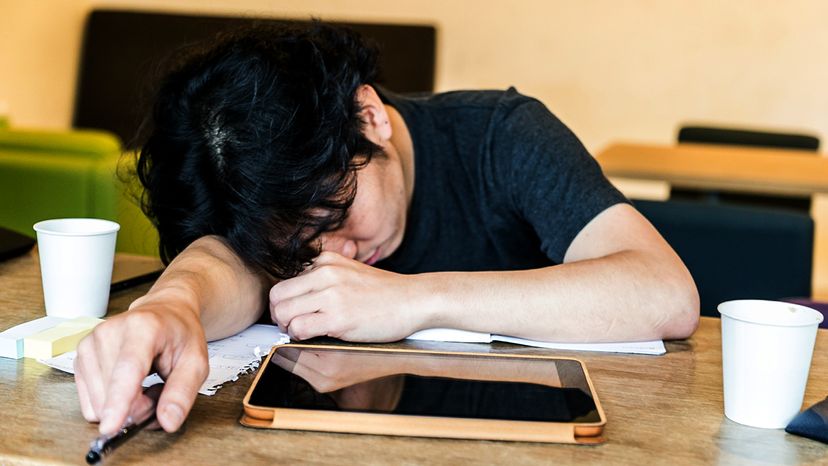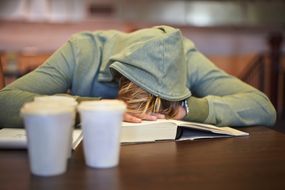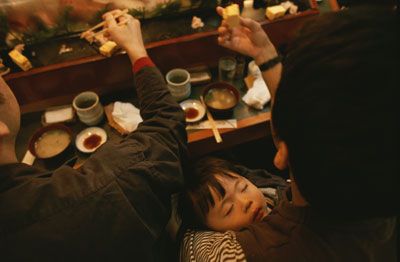
There's a silent epidemic in the U.S., and its epicenter is the teenage bedroom.
Sleep debt, a chronic state of sleep deprivation, is plaguing American teenagers. Researchers say a lack of sleep among teens is partially responsible for a rise in vehicle accidents, below-par academic achievement and emotional disturbances such as depression. And, with most U.S. high schools beginning anywhere from 7 to 7:20 a.m., the 11 p.m. to midnight bedtime of many American teenagers is a recipe for lingering drowsiness. But are later school start times the answer?
Advertisement

For pediatricians and sleep associations, the answer is "yes." For parents, it's a mixed bag.
When asked whether they would support a later school start time for their 13- to 17-year-olds, parents were split, according to a new study published in the Journal of Clinical Sleep Medicine. The research, conducted by the University of Michigan through the C.S. Mott Children's Hospital Poll on Children's Health, found that of 554 parents whose teenagers start school before 8:30 a.m., many underestimated the amount of sleep their children needed, with only half agreeing with professional recommendations to delay morning school bells. Many of the parents who opposed later start times were concerned about transporting children to and from school, adjusting meal times or cutting after-school activities short.
Most parents thought their children needed seven hours of sleep or less, while the American Academy of Sleep Medicine (AASM) say teenagers should get at least eight to 10 hours a night. The AASM and the American Academy of Pediatrics (AAP) report that teens' circadian rhythms make it difficult to go to sleep until later in the evening, which makes it nearly impossible to get enough sleep before reporting to school in the early morning.
The Center for Disease Control's Youth Risk Behavior Study found that two-thirds of U.S. high school students get seven hours (or less) of shut-eye each night, and at least 40 percent sleep for six or fewer hours. As many as 30 percent of American high school students report they have fallen asleep in school each day they have attended, making an examination of the intersection of school and health more important than ever.
Advertisement
